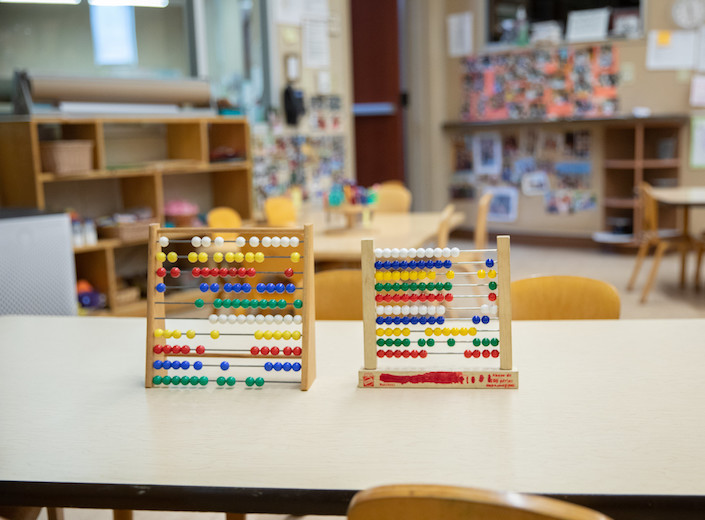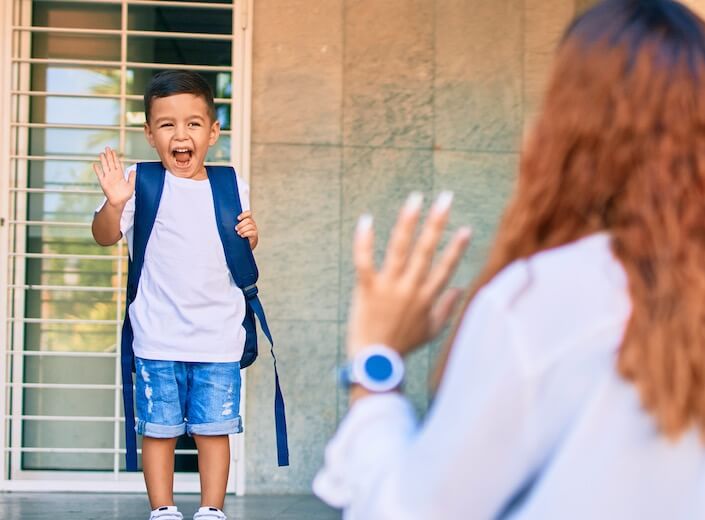Free Childcare for Currently Enrolled Students
ApplicationThe District is committed to providing free high-quality, early education and care to our students. Mission also provides services to parenting students through EOPS/CARE, and CalWORKs.
Contact Us
| Campus | Phone | |
|---|---|---|
| West Valley College | (408) 741-2152 | [email protected] |
| Mission College | (408) 855-5572 | [email protected] |
Respect and Understanding
The non-profit, on-campus CDC fosters an environment of respect and understanding that supports the development of the whole child.
This is accomplished through low adult-child ratios, highly educated teachers, play-based developmentally appropriate learning, and a focus on diversity.
Additionally, this program is part of the Child Development Department, and the CDC serves as its lab school and is uniquely involved in the academic life of the college by serving as a research-based teacher training and observation site for students and parents.
Mission Statement
The mission of the Mission College Child Development Center is to provide an exemplary laboratory for teacher training.
It will demonstrate best practices for optimum child development and learning, using a play-based, emerging curriculum.



